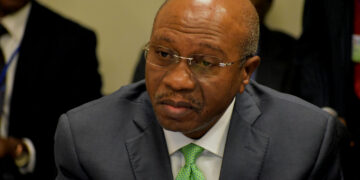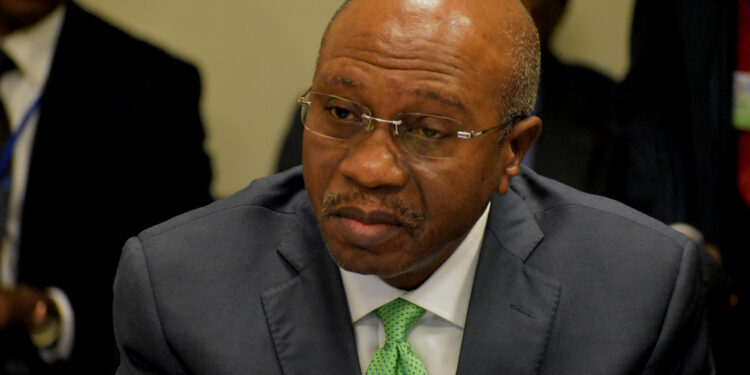By John Ikani
The World Bank has said inappropriate foreign exchange policies implemented by the Central Bank of Nigeria (CBN) is discouraging new capital investments and fuelling inflation in the country.
The Bretton Woods Institution made this known in the November 2021 edition of its Nigeria Development Update tagged “Time for Business Unusual”.
According to the World Bank report, the CBN’s foreign exchange management system was too rigid, with the system driving inflation in the country.
The International financial institution also said off-budget spending and rising debt-service costs would continue to drive expenditure pressures.
It went on to note that the Federal Government has historically under-budgeted for debt service by failing to account for the cost of ways and means financing.
The bank called for the implementation of a market-driven foreign exchange management framework to boost investors’ confidence.
What the World Bank is saying:
“The government’s exchange rate management policies continue to discourage investment and fuel inflation. Exchange rate stability is a key CBN policy objective, and to preserve its external reserves, the CBN continues to manage FX demand and limit the supply of FX to the market.
“Pressure on the naira remains intense, and while the CBN has raised the nominal official exchange rate three times since the start of the pandemic (by 15 per cent in March 2020, five per cent in August 2020, and seven per cent in May 2021), FX management remains too rigid to respond to external shocks. Meanwhile, exchange-rate management has emerged as one of the key drivers of inflation,” the report reads in part.
According to the report, the CBN was yet to introduce enough flexibility into FX management to sustainably respond to external shocks, adding that the Nigerian Autonomous Foreign Exchange Rate (NAFEX) rate was not a true reflection of the market rate.
“While the CBN supplied an average of $2.5bn to the Investors and Exporters forex window in the months just prior to the COVID-19 crisis, it only supplied an average of $0.5bn in the months thereafter.
“The NAFEX rate, which is now the guiding exchange rate for the economy, continues to be managed and is not fully reflective of market conditions. The parallel market premium over the NAFEX rate reached 29 per cent in August 2021 after the CBN cut off its weekly supply of $20,000 per bureau de change. The CBN has intermittently supplied forex to BDCs since 2005, providing ample opportunities for currency round-tripping.
“Without appropriate measures to reduce Ways and Means financing and restructure the existing debt stock, the heavy cost of debt service will further constrain the government’s fiscal space,” the report noted.
It added that Nigeria faces a critical choice: it can continue to pursue a business-as-usual policy approach while its economy and job market deteriorates, or it can undertake bold reforms that put Nigeria on a robust and sustainable long-run growth trajectory.




































